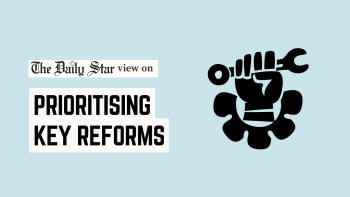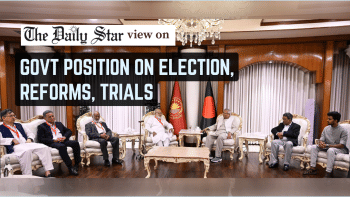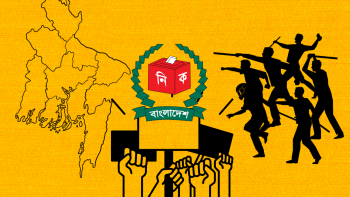The High Court today directed the Election Commission to allocate BNP’s election symbol “Sheaf of Paddy” to its four candidates in place of other four rival contenders who were earlier allocated the same symbol.
Kamrun Nahar Shirin will get “Sheaf of Paddy” in place of Monjurul Islam Bimal for Natore-1, Abdul Hamid Dabliu will get “Sheaf of Paddy” in place of SA Kabir Jinnah for Manikganj-1, Mostafizur Rahman will get “Sheaf of Paddy” instead of Khalek Chowdhury for Naogaon-1 and Masuda Momin will get “Sheaf of Paddy” in place of Abdul Muhith Talukder, Deputy Attorney General Motaher Hossain Sazu told The Daily Star.
He said Monjurul, Jinnah, Khalek and Muhith cannot contest the December 30 election following the HC orders, he said, adding that they can, however, move appeals before the Appellate Division of the Supreme Court against the HC orders.
The HC stayed for three months the EC’s decisions to allocate “Sheaf of Paddy” to Monjurul, Jinnah, Khalek and Muhith and issued separate rules asking the EC and government to explain in four weeks why the EC’s decisions should not be declared illegal.
The bench of Justice JBM Hassan and Justice Md Khairul Alam came up with the orders and rules following separate writ petitions filed by Kamrun Nahar, Abdul Hamid, Mostafizur and Masuda challenging the EC’s decisions.
The writ petitioners said in their petitions that BNP nominated them first for contesting the December 30 general election.
But the EC allocated “Sheaf of Paddy” to their rival candidates in violation of the Representation of People’s Order (RPO), they said in the petitions.



 For all latest news, follow The Daily Star's Google News channel.
For all latest news, follow The Daily Star's Google News channel. 





